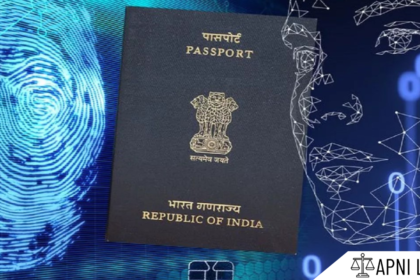Section 251 CrPC: Substance of Accusation
This section of the Code of Criminal Procedure (CrPC) deals with the crucial aspect of ensuring that the accused person is aware of the accusations being made against them. It outlines the process of recording the substance of the accusation during the initial stages of an investigation.
1. The Code:
Section 251 CrPC states that:
“When any person is arrested and brought before a Magistrate, the Magistrate shall record in his own hand or under his dictation the substance of the accusation against such person, and shall then inform him of the right to be defended by a pleader of his choice and the right to have a person whom he trusts, present during the recording of the statement.”
2. Explanation:
- Recording the Substance of Accusation: The Magistrate is required to record the essence of the accusation against the arrested person. This record serves as a formal statement of the charges.
- Right to Counsel: The accused person is informed of their right to legal representation. They can choose a lawyer of their choice to defend them.
- Right to a Witness: The accused is also informed of their right to have someone they trust present during the recording of their statement. This person can act as a witness and support the accused throughout the process.
3. Illustration:
Imagine a person is arrested for theft. The Magistrate will record the substance of the accusation, stating the alleged crime, the date, time, and place of the incident, and any other relevant details. The accused will be informed of their right to a lawyer and to have a trusted person present during the recording of their statement.
4. Common Questions and Answers:
- Q: What happens if the accused does not have a lawyer?A: If the accused cannot afford a lawyer, the Magistrate will appoint a lawyer to represent them. This is called “legal aid.”
- Q: Can the accused refuse to make a statement?A: Yes, the accused can choose not to make a statement. However, this does not mean they are admitting guilt.
- Q: What happens to the recorded substance of accusation?A: This record becomes part of the case file and will be used throughout the legal process.









